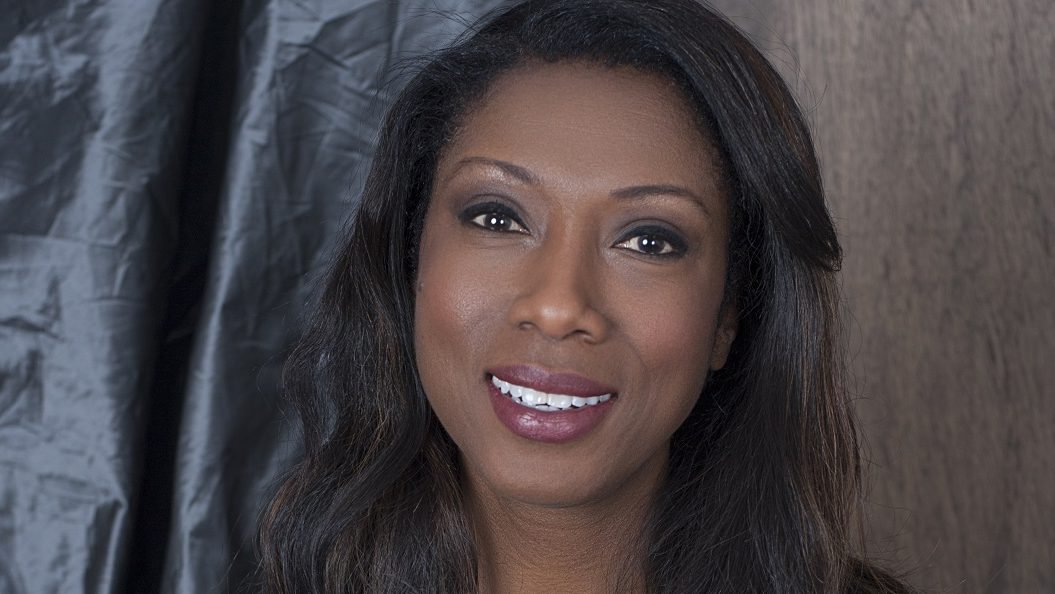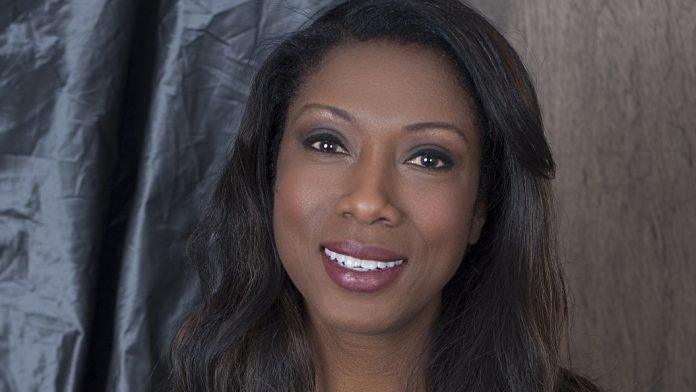[ad_1]
Cannabis entrepreneur Anqunette Sarfoh is best known as ‘Que’ from Detroit’s Fox 2 News. She graced the small screen as a morning anchor for 15 years before being diagnosed with Multiple Sclerosis in 2013. Detroiters trust her, so when Que decided to go into the cannabis business to open a processing center – she knew that she would have to keep the truth as her guiding star.
She soon realized that sometimes that truth for a Black woman isn’t always as green and fruitful as the media would have you believe. Last month, she and husband Richard had to say goodbye to Botaniq, a Detroit-based dispensary and grow space, after putting their heart and soul into its opening in November of 2018.
The dispensary will remain; the partnership with the other co-owners has dissolved. Que chalks it up to the cost of doing business with out of town investors. “We were approached by an outside group of investors when connecting with our real estate rep. The deal included equity in a property, dispensary, grow house and processing center which made a great deal to us,” says Que. “We’ve put the last two years of our lives into building Botaniq, but then things started to go south. We never had the right amount of product. The construction of the grow house was being pulled from the profits from Botaniq and the last straw came when our advice wasn’t being heard. We’re here on the ground working in Detroit taking decisions from someone in Colorado.”
Even with that sour experience, Que still encourages other aspiring cannabis entrepreneurs to seek investors. “My advice would be to identify property first, set an amount you believe you will need to get your project off the ground and running for a year, double that amount and then seek investors. Although our partnership didn’t end the way we would have liked, I still recommend people seek outside investors to lessen their personal financial risk,” advises Que.
Roadblocks for Minorities
There are no official statistics on race and cannabis ownership, especially dispensary owners, but based on 150 interviews with owners and insiders done by Buzzfeed in 2016, it appears that fewer than three dozen of the 3,600 dispensaries in the US are owned by black people – 1%. Under the Michigan law passed soon after in 2016, an estimated 200+ licenses have been awarded, of those roughly four dispensaries and one grower were African American, in a city like Detroit, where African Americans still make up more than 80% of the population.
Botaniq was one of two Black female-owned dispensary and grow houses in Michigan, the other is the Huron View dispensary in Ann Arbor, 45 mins outside of the city. Christina Montaque, a retired social worker, heads that business.
The financial requirements to get into the industry here in Detroit include but aren’t limited to — a $6,000 state application fee, $66,000 state regulatory assessments, $5,000 application fee from a local municipality and proof of $200,000 in assets.
“It wasn’t the amount of money that we had to pay in licenses that was the most challenging for us, we actually knew what to expect, but it was the legal fees that were insurmountable because of our partnership. The other company has multiple LLC’s and each one had to be vetted and investigated,” remembers Que. “We came out better on this side more financially sound and more knowledgeable about this industry. More investors are approaching us, wanting to business with us and patrons are still looking to me for advice on what cannabis brand best helps their particular ailment. I’m asked daily on Facebook and Instagram because people feel victim to their meds.”
Taking Charge of Health
Que is quick to point out that she is not a medical professional, but she also understands that knowledge about cannabis use is lacking in the medical profession. “Doctors in the US are still prohibited from discussing it with their patients and they know very little about dosing. Many are threatened with letters from the DEA reminding them that cannabis is federally illegal and discussing it or recommending it could put their medical license and hospital privileges in jeopardy,” notes Que. “Cannabis education isn’t taught in medical schools and most international clinical studies aren’t published in US medical research databases.”
That’s why Que finds herself doing her own research on sites like medicaljane.com, safeaccessnow.org and projectcbd.org.
It has never about the money for Que because what made her most fulfilled was being able to bring others, especially women, over to the side of cannabis healing. Through conversations with patrons at the dispensary to engaging individuals on social media, Que has acquired a following of those looking for a way out of their prescription addictions. “People still trust me from my time on television. They remember me and how I shot straight from the hip and I can’t help but be authentically me. It’s too exhausting being someone else. Plus, I consume so there’s no one better then me to tell someone that the ‘OG Kush” got me off of my meds,” says Que. “Everyone has these new strains out these days but I’m a true believer of what worked back in the day when you were back in college. People remember those times and want that same high.”
An advocate for the benefits of marijuana usage, Que also understands the heavy stigma that is associated it. Marijuana legalization dramatically reduces the number of people arrested for marijuana offenses, however, it does not end racially disparate policing. In 2013, the ACLU put out a report that showed that statewide, African-Americans are more than six times more likely than white people to be arrested for simple possession of marijuana. This is despite the fact that many studies show that African-Americans and whites use marijuana at the same rate.
“In our community, cannabis has been stigmatized, because of the legal impacts,” says Que. “In some communities, kids can go in a park lot or back yard to smoke a joint and go on about their lives. But in the Black communities, what happens when you’re caught, your entire future could disappear. “
Most recently, Que was invited to sit on the board of Michigan’s Cannabis Industry Association, an advocacy group where she will be a part of a 15-person team for the marijuana industry. On the board she will be the only African American.
That’s part of the reason why once a month, she gathers a few dozen of her social media followers to a gathering entitled ‘Curiositea’ where she answers any and all cannabis questions. Starting October 17, and every third Thursday from 7-9pm they will meet at a cannabis-friendly AirBNBin the Detroit area. For more information and to reserve a seat, go to curiositea.us.
[ad_2]
Source link


